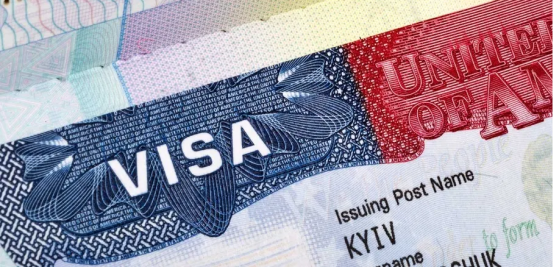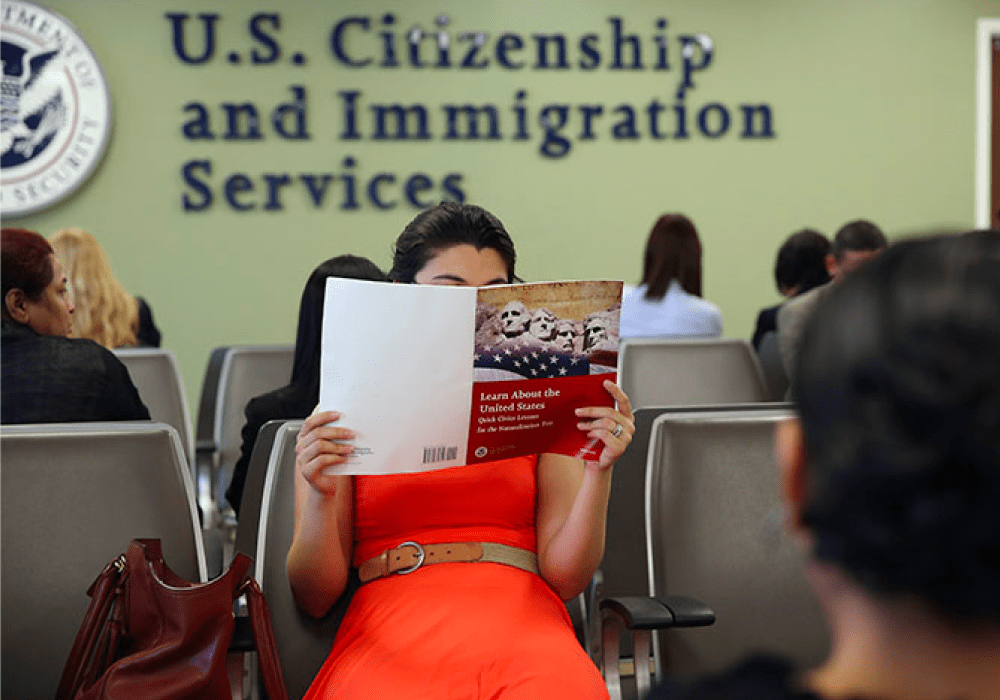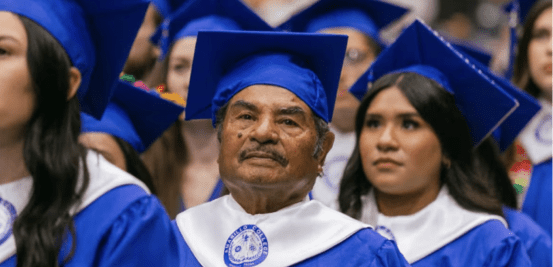The current plan considers a five-year work permit for undocumented migrants who arrived before January 1, 2011.
The immigration reform plan through Build Back Better (BBB), which is contemplated by the Biden-Harris administration, seeks to legalize about 11 million undocumented immigrants through the so-called Reconciliation Bills, which occur when the laws or reforms are approved in the Senate by a simple majority, that is, 50 or 51 votes. It is usually necessary to have a supermajority advantage, that is at least two-thirds of the 100 senators.

However, the BBB plan that seeks to provide a path to citizenship for more than 11 million immigrants (including dreamers, beneficiaries of protected status (TPS), undocumented farm workers and essential workers), was rejected in September by failing to comply with the criteria to be presented as a Reconciliation project.
Later, in November, the Congressional Budget Office (CBO) published the cost estimate of this initiative, concluding that it would increase the federal deficit by about USD 120 billion in ten years, so it was not feasible.
The initiatives have been reviewed and in both houses of the United States Congress, however, now the proposal seeks, initially, to grant work authorization to undocumented immigrants and to provide more employment visas. In this way, undocumented migrants, who arrived before January 2011, contradict with a five-year work permit, with the possibility of renewal, avoiding deportation.
Foreign policy specialists such as Edward Alden, a member of the Council on Foreign Relations, explain that if immigration reform is not possible, the only alternative will be to take small but necessary steps to build a better immigration system in the United States.
On the other hand, specialists from the American Action Forum explain that a more fruitful reform would address not only the legalization of immigrants, but also border issues and criteria for granting visas.
Despite budget and partisan complications, past occasions have shown that reform is possible. For example, in 2013, a project that sought to provide greater migration opportunities, border security and the opportunity to achieve citizenship for the undocumented, managed to obtain 68 votes from both parties, Republican and Democratic, although it was finally stopped by the House of Representatives. Representatives with a Republican majority.



















